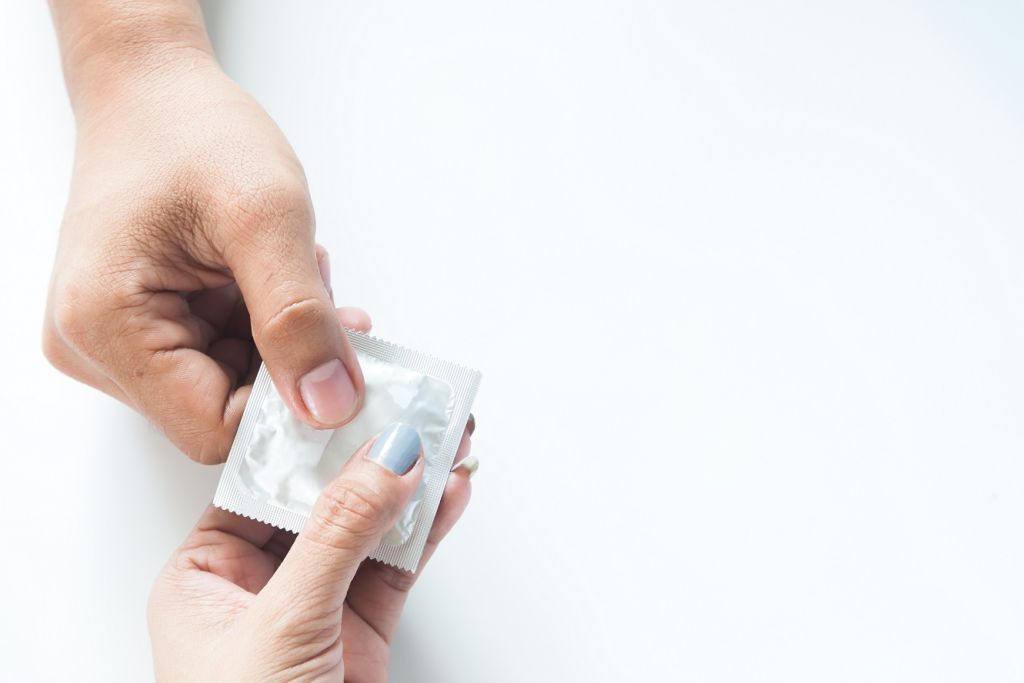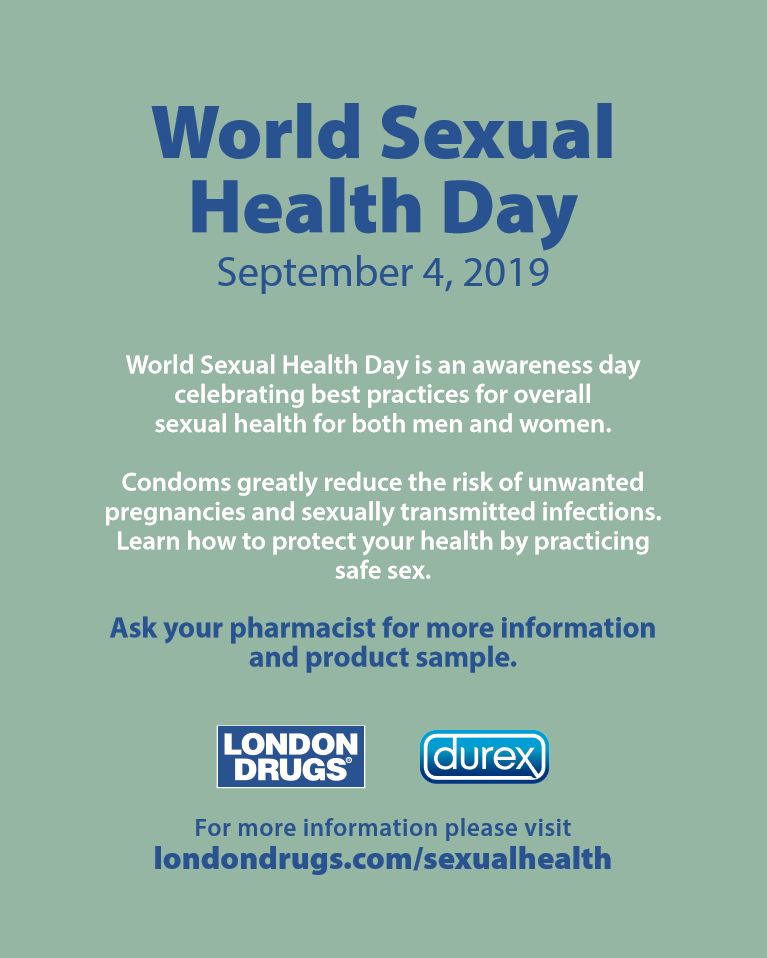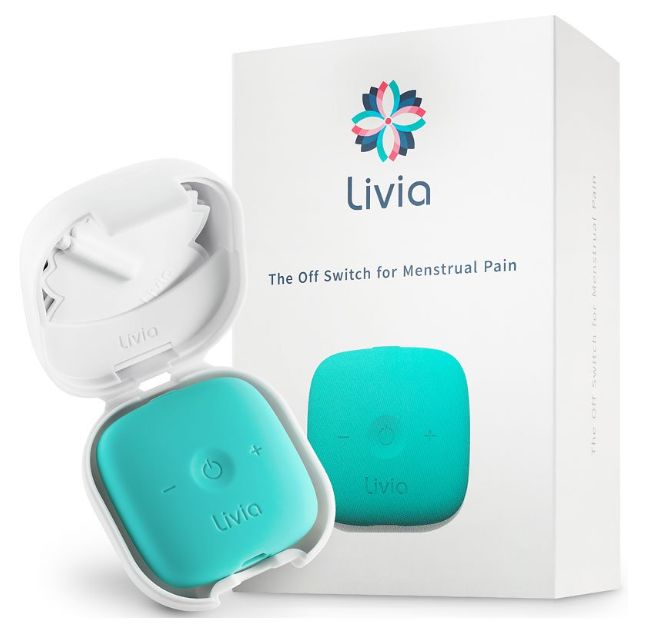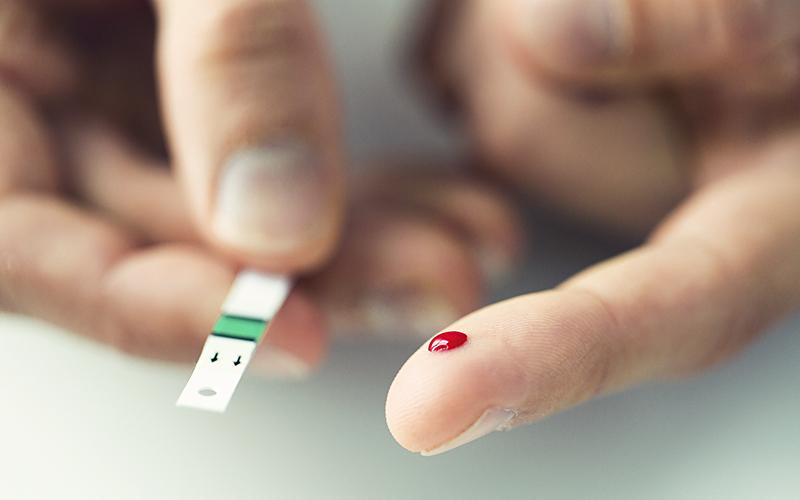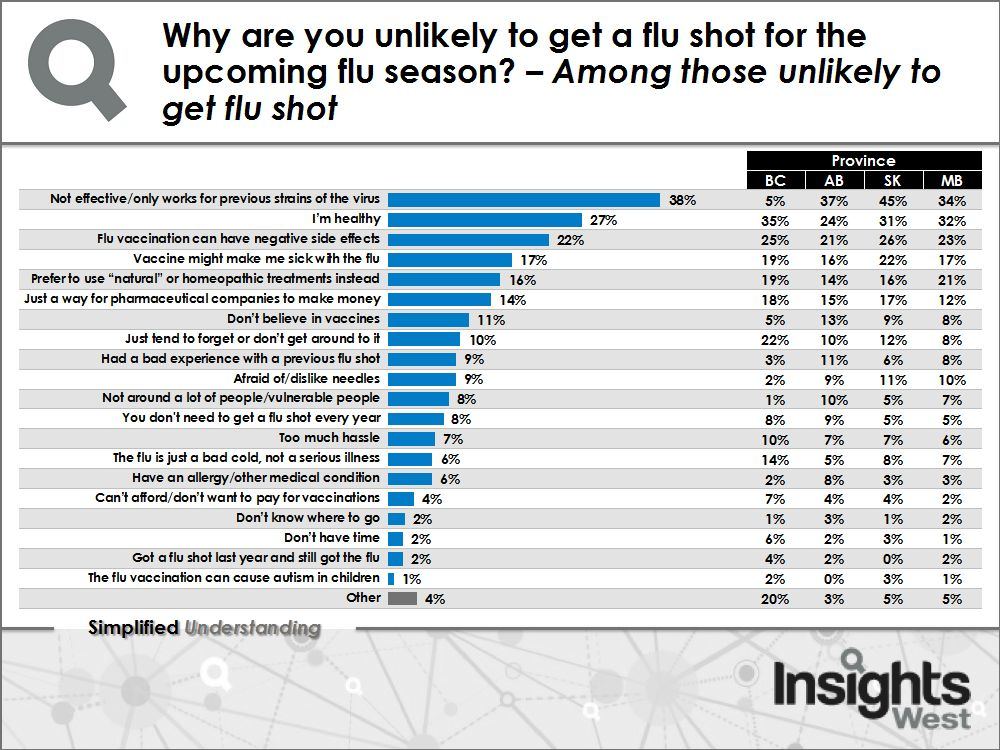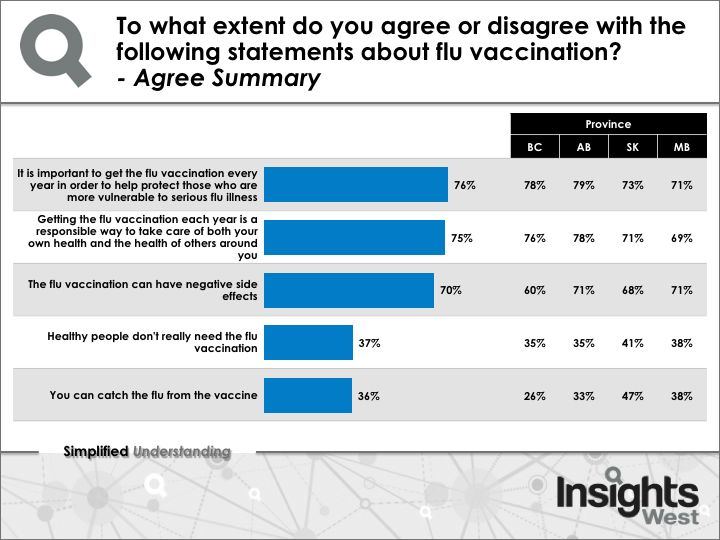You might be used to visiting your local pharmacist to pick up prescriptions, but did you know there are many other ways your pharmacist can help maintain and improve your health? For many years, pharmacists have been taking on expanded roles in our health care system, working closely with patients, their families and collaborating with other frontline health care providers to deliver personalized, team-based patient care.
In celebration of World Pharmacist Day on September 25th, we’ve rounded up a list of 7 services you might not know your pharmacist offers, from travel vaccinations to smoking cessation consultations. As the most accessible health care providers, it’s easy to take advantage of these services conveniently at your local London Drugs pharmacy!
1. Medication Reviews
The theme of this year’s World Pharmacist Day is “safe and effective medicines for all”. Pharmacists play a crucial role in maintaining patient safety, improving medication adherence and reducing medication errors. One of the many ways they do this is by providing medication reviews. Through medication reviews, pharmacists provide personalized consultations to patients to examine and discuss issues around medication use, side effects, interactions, and anything else related to medication therapy, with the goal of ensuring safe and effective treatments.
2. Vaccinations and Immunizations
Certified Injection Pharmacists are able to administer vaccinations right at the pharmacy. If you haven’t taken advantage of this convenient way of getting vaccinated yet, you aren’t alone. According to a recent survey conducted by Insights West on behalf of London Drugs, only four in ten say they have used this service before.
London Drugs’ Certified Injection Pharmacists can ensure you’re up-to-date with many vaccinations you require, and can administer vaccinations for pneumonia, tetanus, pertussis, shingles, and influenza.
Flu Shots
To make getting your annual flu shot as quick and easy as possible during flu season, you can see one of our London Drugs Certified Injection Pharmacists, who are able to administer flu shots to patients. Patients are encouraged to call the pharmacy to confirm availability of the flu vaccine and that an injection pharmacist is on staff. This is a convenient alternative to public flu clinics, where you may have experienced long lines and wait times in the past.
Travel and Vaccination Clinics
When you’re planning a trip abroad, ensuring you are up-to-date on the appropriate travel vaccines is important. Do you know where to get your travel vaccinations? Only one in three (35%) Canadians are aware that travel vaccinations can be administered by a pharmacist.
Travel and Immunization Clinics are hosted at many of our pharmacies to help prepare you for international travel. Pharmacists will review your immunization history and make sure vaccinations are up-to-date according to provincial, national and even international immunization programs. They can also suggest and administer additional vaccines depending on your planned travel activities, previous immunization history and the local conditions at many common destinations.
3. Emergency Prescription Refills, Prescription Renewals & Drug Modifications
Pharmacists make significant contributions to the quality of drug therapy and patient outcomes by initiating, monitoring and adjusting drug therapy. Traditionally in Canada, the authority to prescribe medications has rested with doctors but as part of Pharmacists’ expanded scope of practice in Canada, pharmacists in many provinces now have the ability to provide emergency prescription refills, renew or extend prescriptions, modify or adapt drug therapy, change drug dosage and even have independent prescriptive authority (in Alberta).
4. Diabetes Management Consults
The most important thing you can do to manage your diabetes is to form a partnership with your healthcare professionals. Our London Drugs Certified Diabetes Educators can assist patients through individualized Diabetes Management Consults. These customized one-on-one consultations focus on blood sugar testing, medication management, preventing low blood sugar, foot care, eating well and getting enough physical activity.
5. Healthy Heart Clinics
Pharmacists are playing a key role in the prevention of heart attacks and other cardiovascular problems, by helping patients understand their risk factors, emphasizing the importance of medication adherence and offering counselling to make important lifestyle changes.
During our one-on-one 45-minute Healthy Heart Clinics, patients have the opportunity to sit down with a London Drugs Patient Care Pharmacist for a customized screening and evaluation. The pharmacist screens for total cholesterol, HDL cholesterol, random glucose and blood pressure, and can determine a 10-year cardiovascular risk factor based on those measurements. They also discuss with the patient how to lower their risk and improve heart health, which include recommendations for changes to their diet, fitness routines or lifestyle. As a collaborative health care provider, the pharmacist may also contact a physician, in order to recommend changes to the patient’s medications, or further medical intervention.
6. Smoking Cessation Consultations
Trying to quit smoking? Your local pharmacist can be a convenient support resource. During a one-on-one smoking cessation consultation, a London Drugs Certified Tobacco Educator will:
- Discuss practical tips and advice to help you reduce/quit tobacco
- Develop a personalized quit plan to help you stop smoking
In BC, pharmacists can also offer the BC smoking cessation program for nicotine replacement.
7. Hepatitis C Screening Clinics
Hepatitis C Screening is just one example in which our pharmacists provide Point of Care Testing to patients. Point of care testing refers to any medical test or screening that is performed outside of a lab or clinic. The testing happens at a place where the patient is receiving care (such as a pharmacy), making it a convenient option for the patient.
This innovative and potentially life-saving hepatitis C screening is available at select London Drugs locations. Patients can undertake a simple finger prick test at the pharmacy to check if they have been exposed to hepatitis C virus (HCV) at some point in the past. The test, called the OraQuick HCV rapid antibody test, is more than 99% accurate at detecting HCV antibodies and provides results in 20 minutes.
In cases of a positive result, pharmacists refer patients to their family doctor for a diagnostic lab test. Pharmacists provide initial counselling regarding the potential diagnosis and education about the ability to cure HCV.
You can find out which locations offer hepatitis C screening here.
There are even more ways that your pharmacist can help you maintain and improve your health! Just visit them at your local London Drugs pharmacy to learn how.

